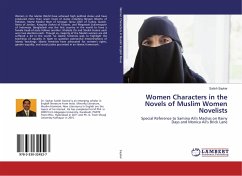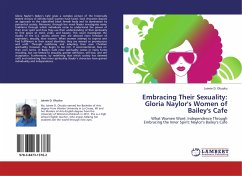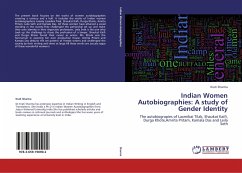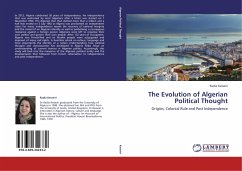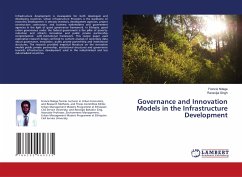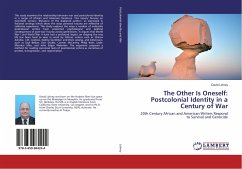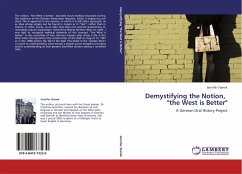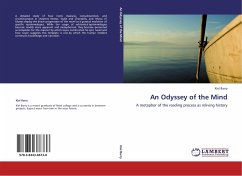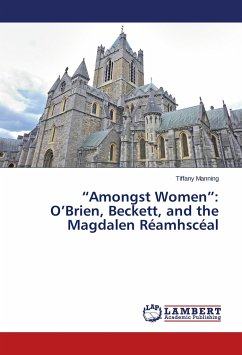
"Amongst Women": O'Brien, Beckett, and the Magdalen Réamhscéal
Versandkostenfrei!
Versandfertig in 6-10 Tagen
24,99 €
inkl. MwSt.

PAYBACK Punkte
12 °P sammeln!
It is hard to escape the portrayal of what 20th century life might have been like for a penitent living in one of Ireland s Magdalen Laundries. With its saturation in contemporary pop-culture, the morality of these Irish Institutions has been called into question through blockbuster films and best selling books. However, some believe that the many public representations of the Magdalen Laundries fail to tell the whole story. As tension surrounding Magdalen Laundries, as well as Church and State involvement in them, has continuously grown over the last couple of decades, many citizens of Irelan...
It is hard to escape the portrayal of what 20th century life might have been like for a penitent living in one of Ireland s Magdalen Laundries. With its saturation in contemporary pop-culture, the morality of these Irish Institutions has been called into question through blockbuster films and best selling books. However, some believe that the many public representations of the Magdalen Laundries fail to tell the whole story. As tension surrounding Magdalen Laundries, as well as Church and State involvement in them, has continuously grown over the last couple of decades, many citizens of Ireland and of the world have began demanding to know the realities behind the phenomenon. In order to help elucidate the details of the controversy, and to begin moving forward in the pursuit of truth, this book carefully reviews and explicates some of both the history and the literature surrounding Ireland s Magdalen Laundries. Specifically investigated within this document are the writings of three individuals, namely Kate O Brien, Samuel Beckett, and Patricia Burke Brogan.



